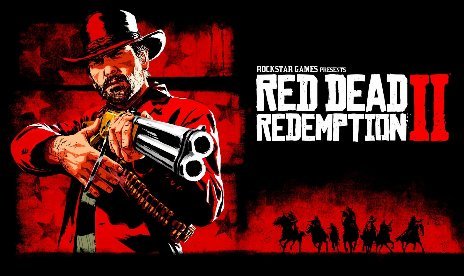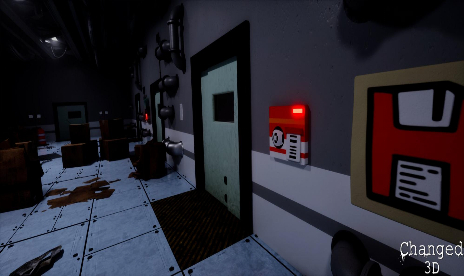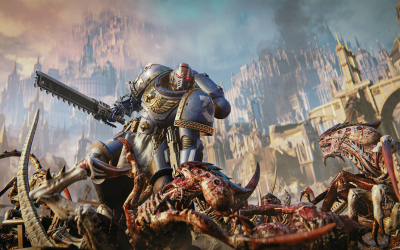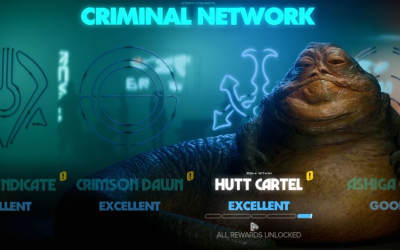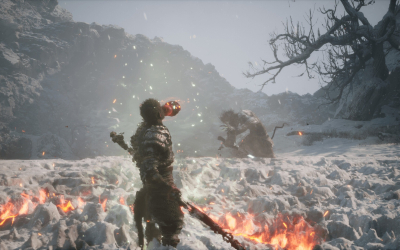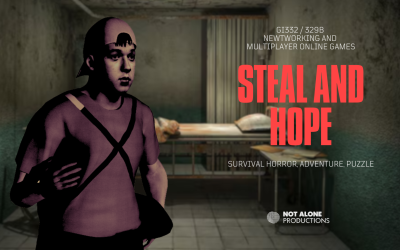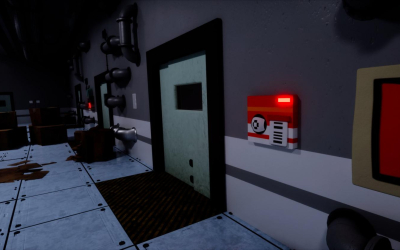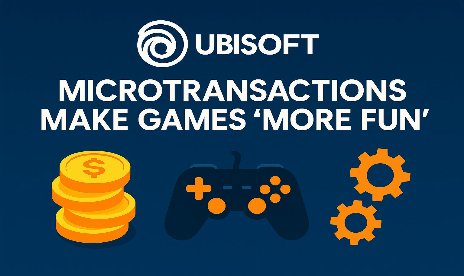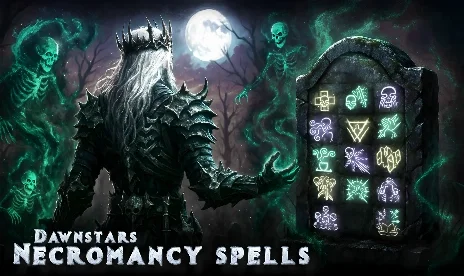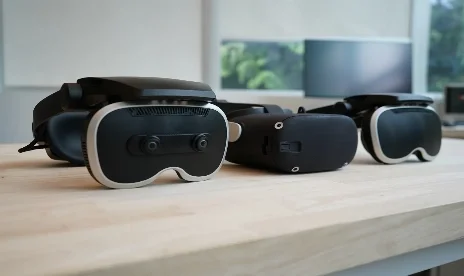GTA Teens Twice as Likely to Fight
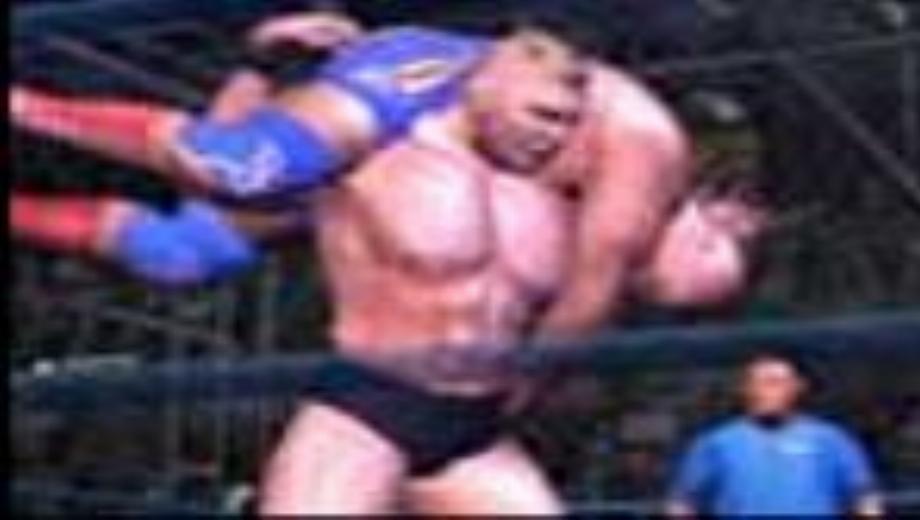
According to a survey, conducted by a Gallup company, 70 per cent of American teenage boys have played Grand Theft Auto and are more likely to get involved in a fight than those who haven't.
Following the recent, much publicized, case against GTA creators, Rockstar and Take Two Interactive, the new survey has come to add more fuel to the fire. In the GTA case, the family of a person killed by teenagers claiming the game led them to their actions is suing its creators for compensation, claiming that games such as Grand Theft Auto : Vice City lead teenagers to violent behavior.
Although the study did show that twice as many boys who had played the game reported having been in a fight in the last year, the survey's authors warned that did not prove a link between game violence and real-life behavior.
According to the online survey of 517 teenagers aged 13 to 17 conducted in August, 71 per cent of boys in that age group have played GTA, along with 34 per cent of girls.
Grand Theft Auto 3 was the best-selling video game of 2001, and Grand Theft Auto: Vice City received the same honor in 2002. Both games have received constant media criticism and have been the target of many regulatory efforts.
It is of course officially strange how any one of that age group would have played either game since both carry a Mature rating from the Entertainment Software Rating Board, meaning they are not intended for persons under age 17.
The survey found that 34 per cent of boys who admitted to being in a physical fight over the last year have played GTA, while 17 per cent who were in a fight have not played the game.
The poll had a margin of error of plus or minus 5 percentage points.
In a Re-Loaded moment the Gallup editors said, The data can't demonstrate causality — boys who are more prone to fighting may simply be more attracted to violent video games.
With regard to the likelihood to have been in a physical fight in the last year, the difference between those who have played and not played is greater for Grand Theft Auto than for any of the other games asked about, they added.
The poll found that 62 per cent of teenagers play games at least one hour a week, while 25 per cent play six or more hours per week. More than one-third of those surveyed reported spending no time playing video games.
Although the poll does introduce some figures into the debate, it offers little in the form of a plausible explanation, it is, after all, a poll and not behavioral research. The results found are definitely not statistically significant, there is no thought-out design or hypothesis and the sample is extremely limited and obtained in a scientifically unacceptable way, anything but the numbers gathered therefore, remains pure speculation and should be treated as such.


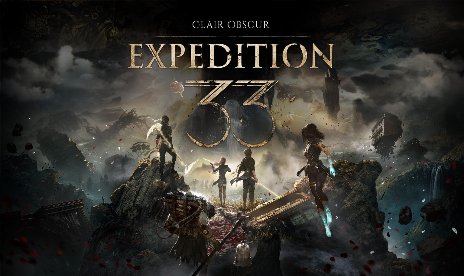


![Soulstone Survivors v1.0-v1.4+ (+26 Trainer) [FLiNG]](https://9588947a.delivery.rocketcdn.me/wp-content/uploads/2025/12/Soulstone-Survivors-01-464x276.jpg)

![Icarus v1.1.0-v2.3.20+ (+27 Trainer) [FLiNG]](https://9588947a.delivery.rocketcdn.me/wp-content/uploads/2025/12/Icarus-01-464x276.jpg)


